Hours:
Proudly serving Bay Shore, NY and the surrounding areas since 1999
FAQs
Family Medical Care of Bay Shore
Have a health-related question? Family Medical Care of Bay Shore has the answer. Check out these FAQs and give us a call today for more information!
-
What is a Family Practice?
Family practice is the medical specialty that focuses on providing continuing and comprehensive medical care to all family members. Family physicians treat the whole patient, taking into account all medical, social, and mental health concerns of the individual. Family physicians treat conditions of all organ systems instead of limiting their practice to a specific organ system. Family physicians train for three additional years after completing medical school. Training focuses on the areas of Internal Medicine, Geriatrics, Pediatrics, Obstetrics-Gynecology, general and sub-specialty surgery, and Psychiatry.
Family physicians can provide for the vast majority of your healthcare needs. They work with people of all genders and all ages and can diagnose and treat 90% of all patient problems. Family Medical Care maintains a close consulting relationship with other physicians in the community for those problems requiring the care of another specialty.
-
Do I have to fast before lab tests?
You need to fast before the following tests: cholesterol, blood sugar level, H. Pylori and blood work for a physical. Fasting is not necessary for any other tests unless you are instructed otherwise by your physician.
-
What if I need to see the doctor right away?
We always accept walk-ins for emergency or sick visits. Please contact the office at 631-328-5560 and speak with the receptionist or a nurse. We also have Saturday hours. If it is a true life-threatening emergency, please go to the nearest Hospital Emergency Room for treatment.
-
What information do I need to bring to my appointment?
If you are a new patient, you will need to fill out a few brief forms upon arrival. You should also bring your insurance card, driver’s license or a picture ID and a method of payment. Credit Card, Cash, Debit Card.
-
What do I do if I need to change or cancel an appointment?
Please call the office in advance, when possible. If you do not contact us regarding a cancellation, we do charge a $25 cancellation fee if it is a repetitive issue.
-
What are your co-payment policies?
Copayments must be paid at time of service, based on contractual requirements. A $10 service charge will be billed to your account if you fail to pay the copay as above. Our policy is to collect the copayment upon arrival at check-in.
-
What if I do not have insurance?
We will work with you to make financial arrangements if necessary. Please be aware that you will be required to pay for your initial office visit at that time. Please contact our office staff regarding questions about payment arrangements.
-
How do I get a refill prescription?
Currently, you will call the office and leave a message with your name, date of birth , and name of prescription and our prescription department will complete your request within 2 hours.
-
What are your form completion fees?
If there are forms/letters that the patient requires to be generated, there may be a minimum $25 fee if not done within the parameters of an office visit.
-
What about medical information on the internet?
Any health concerns that you have should be discussed with your Family Doctor, Family Physician Assistant or Family Nurse Practitioner, they will be able to let you know if the information you found is appropriate for your own medical health.
-
What is a Doctor of Osteopathic Medicine?
D.O.s and M.D.s are alike in many ways:
1. Applicants to both D.O. and M.D. colleges typically have a four-year undergraduate degree with an emphasis on science courses.
2. Both D.O.s and M.D.s complete four years of basic medical education.
3. After medical school, both D.O.s and M.D.s can choose to practice in a specialty area of medicine such as psychiatry, surgery, or obstetrics.
They both complete a residency program, which takes typically two to six years of additional training.
4. Both D.O.s and M.D.s must pass comparable state licensing examinations.
5. D.O.s and M.D.s both practice in fully accredited and licensed hospitals and medical centers.
6. D.O.s comprise a separate, yet equal branch of American medical care.
Together D.O.s and M.D.s enhance the state of health care available in America.
D.O.s bring something extra to medicine:
1. Osteopathic schools emphasize training students to be primary care physicians.
2. D.O.s practice a "whole person" approach to medicine. Instead of just treating specific symptoms or illnesses, they regard your body as an integrated whole.
3. Osteopathic physicians focus on preventive healthcare.
4. D.O.s receive extra training in the musculoskeletal system - your body's interconnected system of nerves, muscles and bones that make up two-thirds of its body mass. This training provides osteopathic physicians with a better understanding of the ways that an injury or illness in one part of your body can affect another. It gives D.O.s a therapeutic and diagnostic advantage over those who do not receive additional specialized training.
-
When are you open?
We are open six days a week. Please call our office for more information regarding our services. Certain treatment questions must be answered through a consultation.
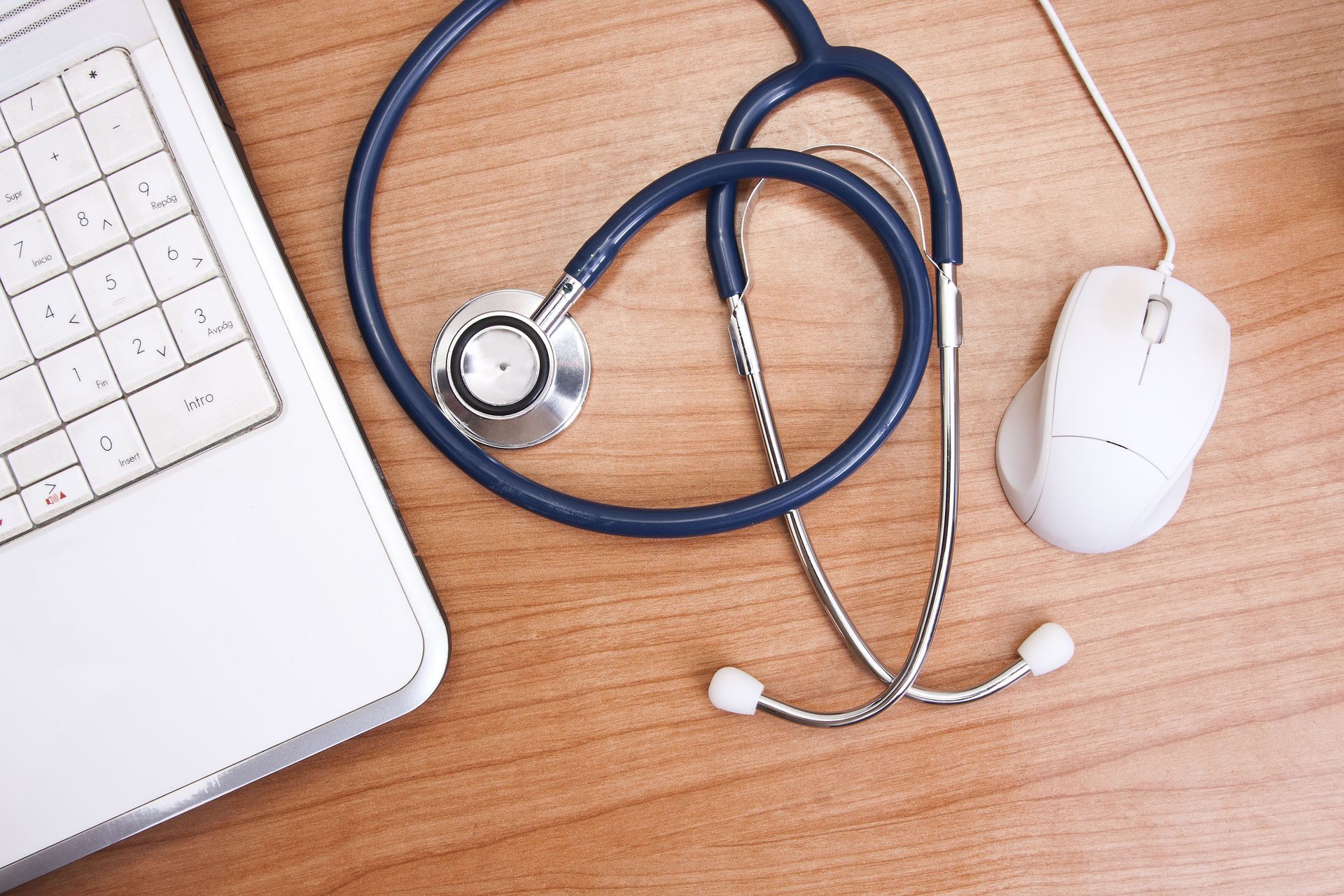
Business Hours
- Mon - Thu
- -
- Friday
- -
- Saturday
- -
- Sunday
- Closed
Emergency Phone Service Offered 24/7
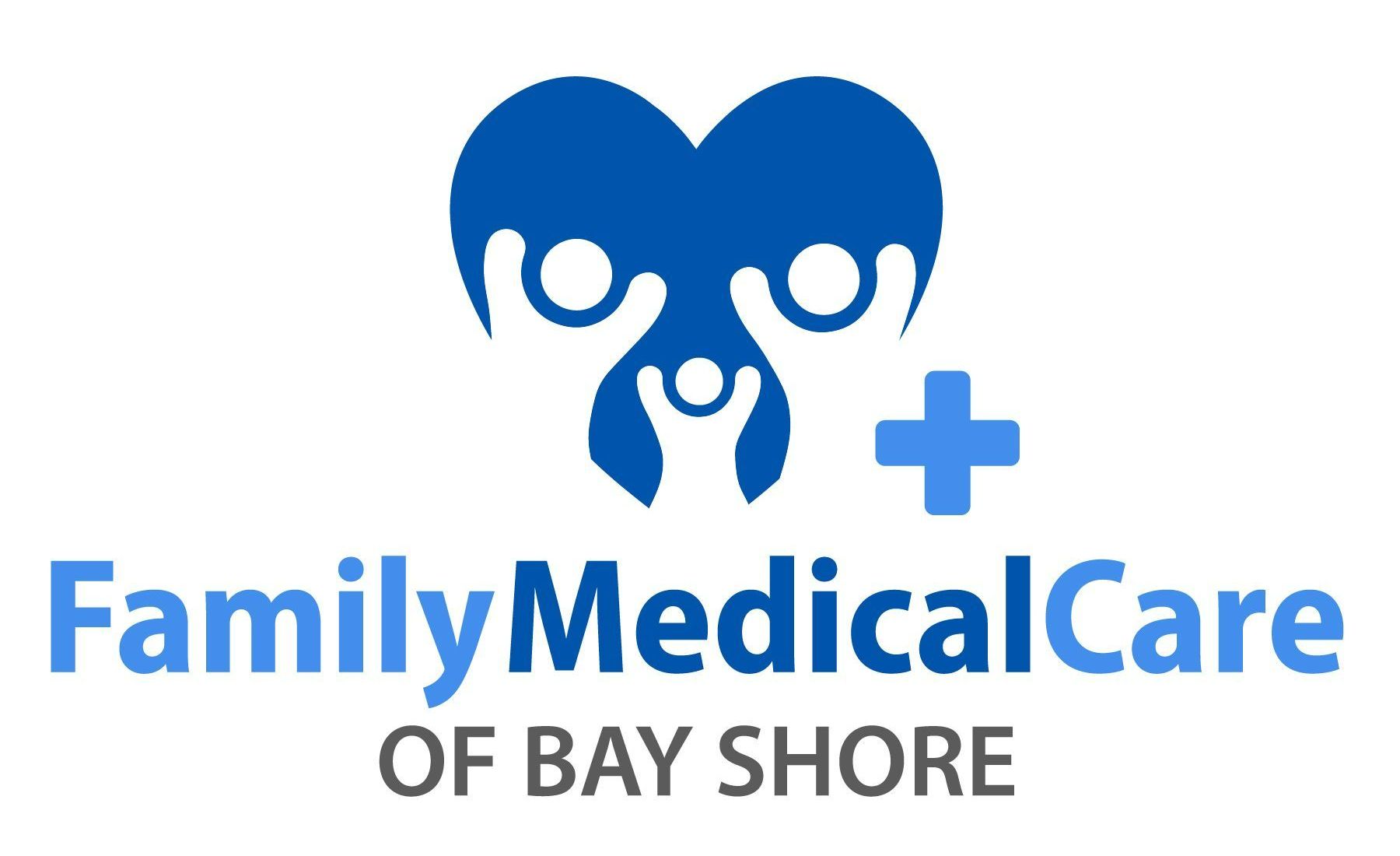


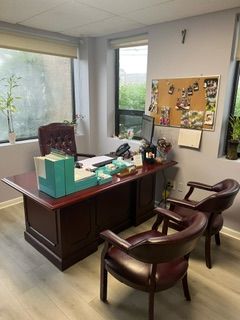
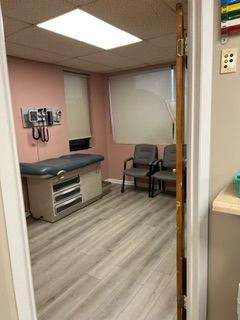
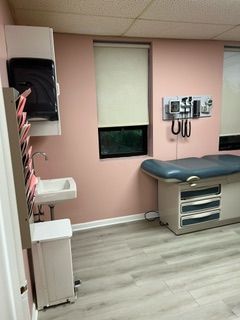
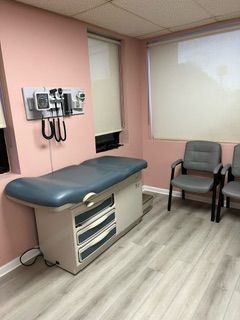
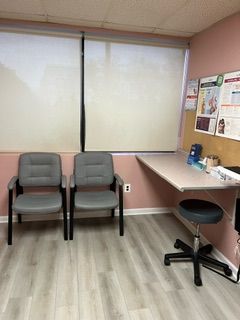
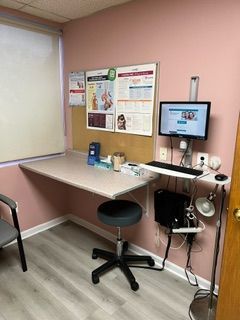
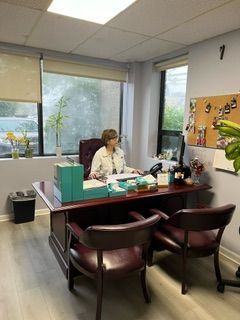
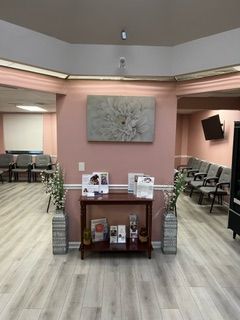
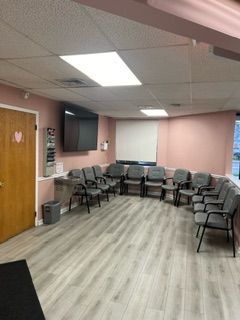
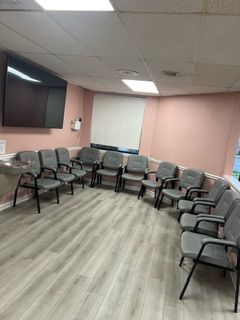
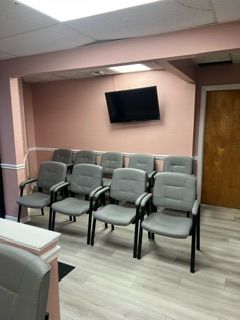
Share On: